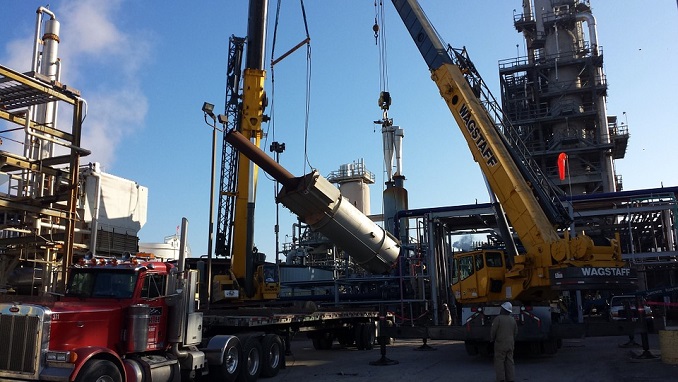Despite high global oil prices aiding Russia’s budget, the rally also has another side which affects the economy: the country’s authorities are forced to borrow more in domestic currency, Bloomberg reports.
Last week, it was reported that the country’s budget is now on track for its first surplus since 2011, driven mostly by higher oil revenue. But a programme of foreign-currency purchases by the Finance Ministry means that it needs more rubles to conduct the operations when the exchange rate appreciates thanks to higher oil prices.
To cap spending and decrease the effect of oil’s ups and downs, the government is absorbing all revenue earned when Russia’s Urals export blend is above $40 a barrel, channeling the excess income into its sovereign wealth fund.
Instead of quenching the government’s financial needs, the result is that borrowing in rubles will actually rise close to last year’s record level to absorb the extra dollars in line with the so-called budget rule.
“The budget rule made sovereign-debt issuance a function of the exchange rate,” said Anatoliy Shal, analyst at JPMorgan Chase & Co in Moscow. “Budget amendments are based on a higher oil assumption and imply a stronger ruble, hence the upward revision to issuance plans.”
The Finance Ministry expanded this year’s target for domestic borrowing by almost 28 per cent to 1.04 trillion rubles ($22 billion), according to its amended fiscal plan published on the official disclosure website. That’s about double the amount it’s sold so far in 2018.
The head of the Finance Ministry’s debt department, Konstantin Vyshkovsky, has said that a stronger ruble than assumed in the budget may force the government to raise more capital at home.
Oil is on the rise as U.S. plans to renew sanctions on Iran and continuing tensions in the energy-rich Middle East stoke concern over supply disruptions. Benchmark Brent – which trades at a small premium to Urals – was over $77 a barrel in London on Friday.












